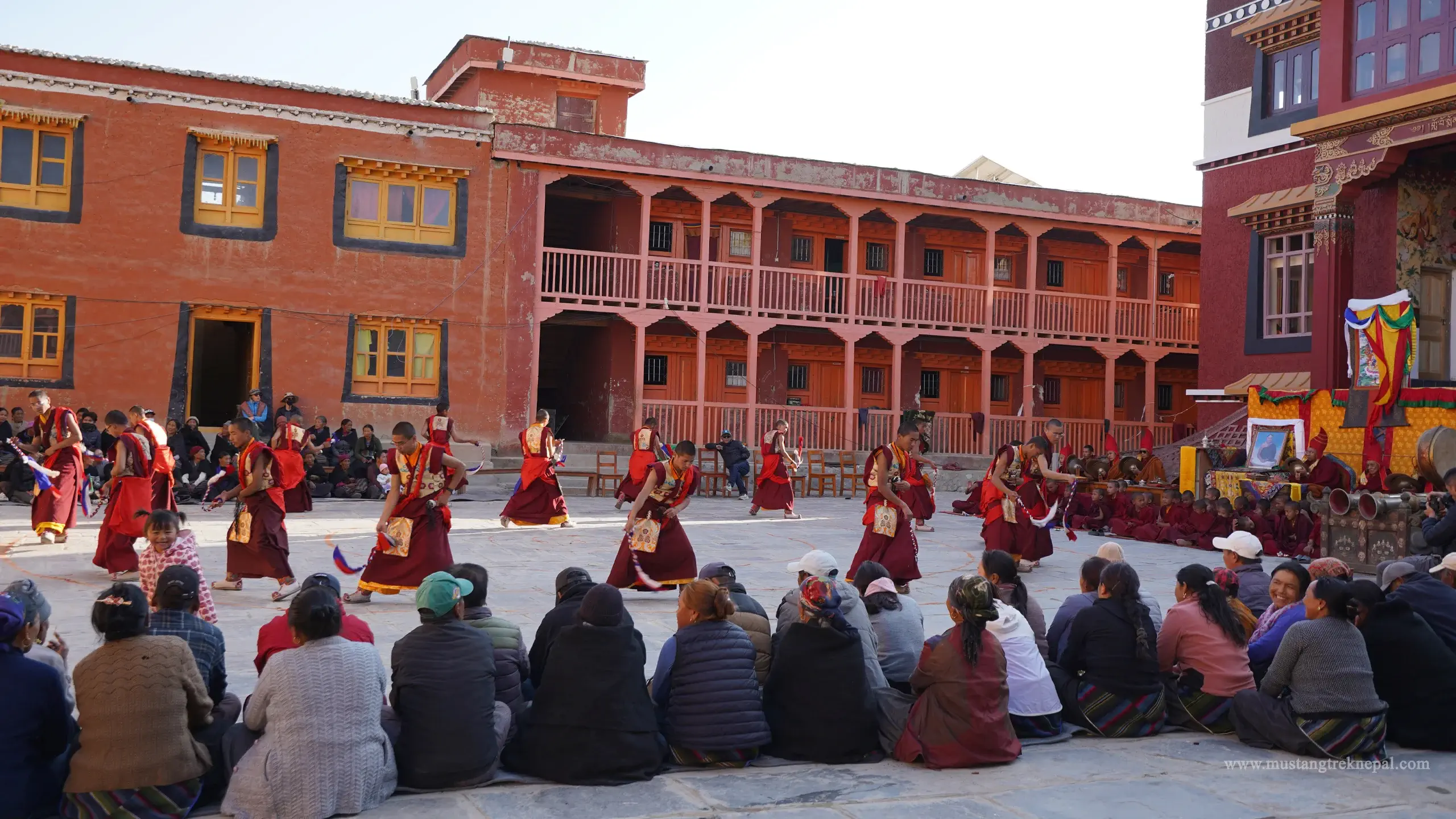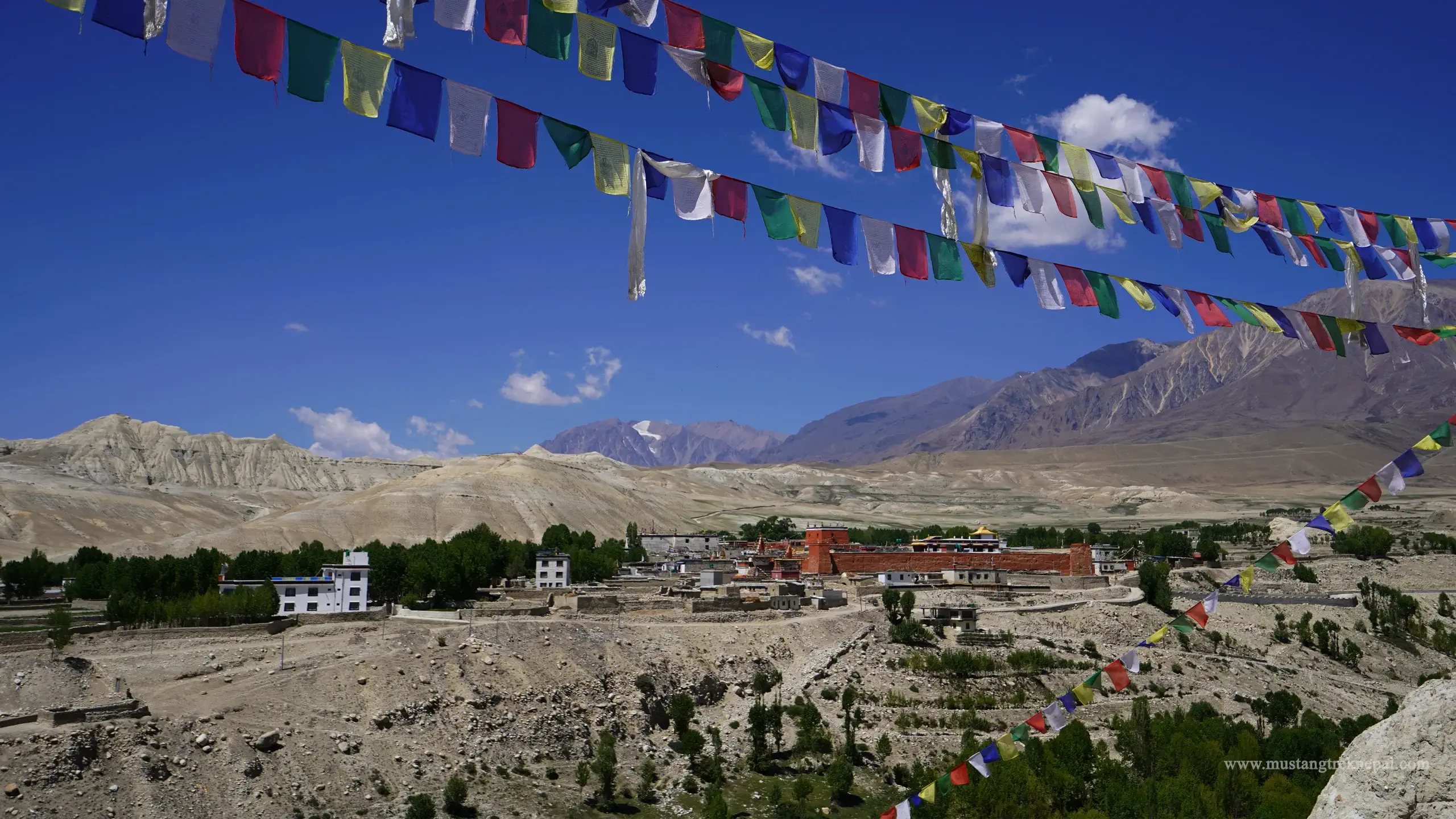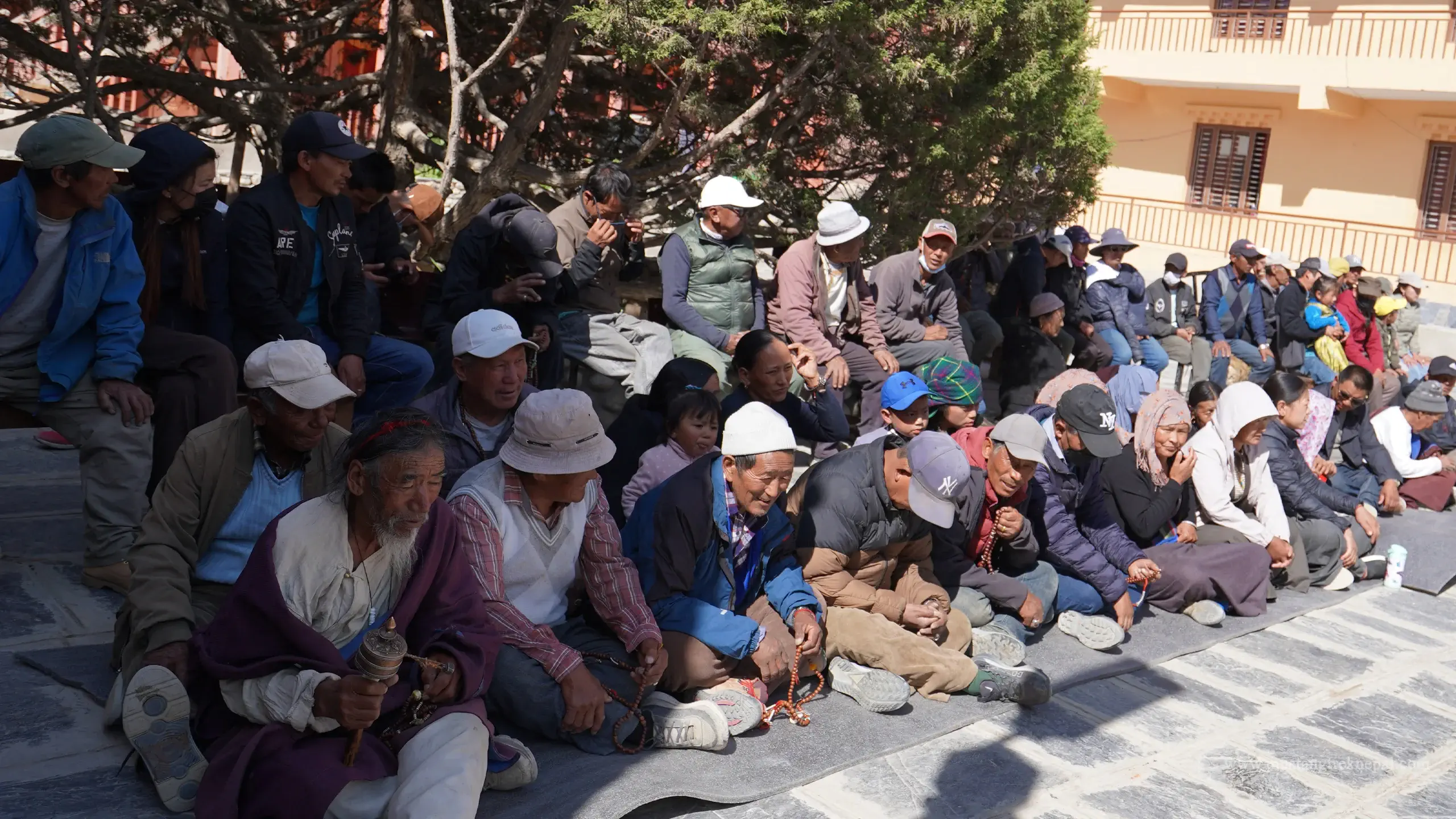Who are the Loba of Mustang Nepal?
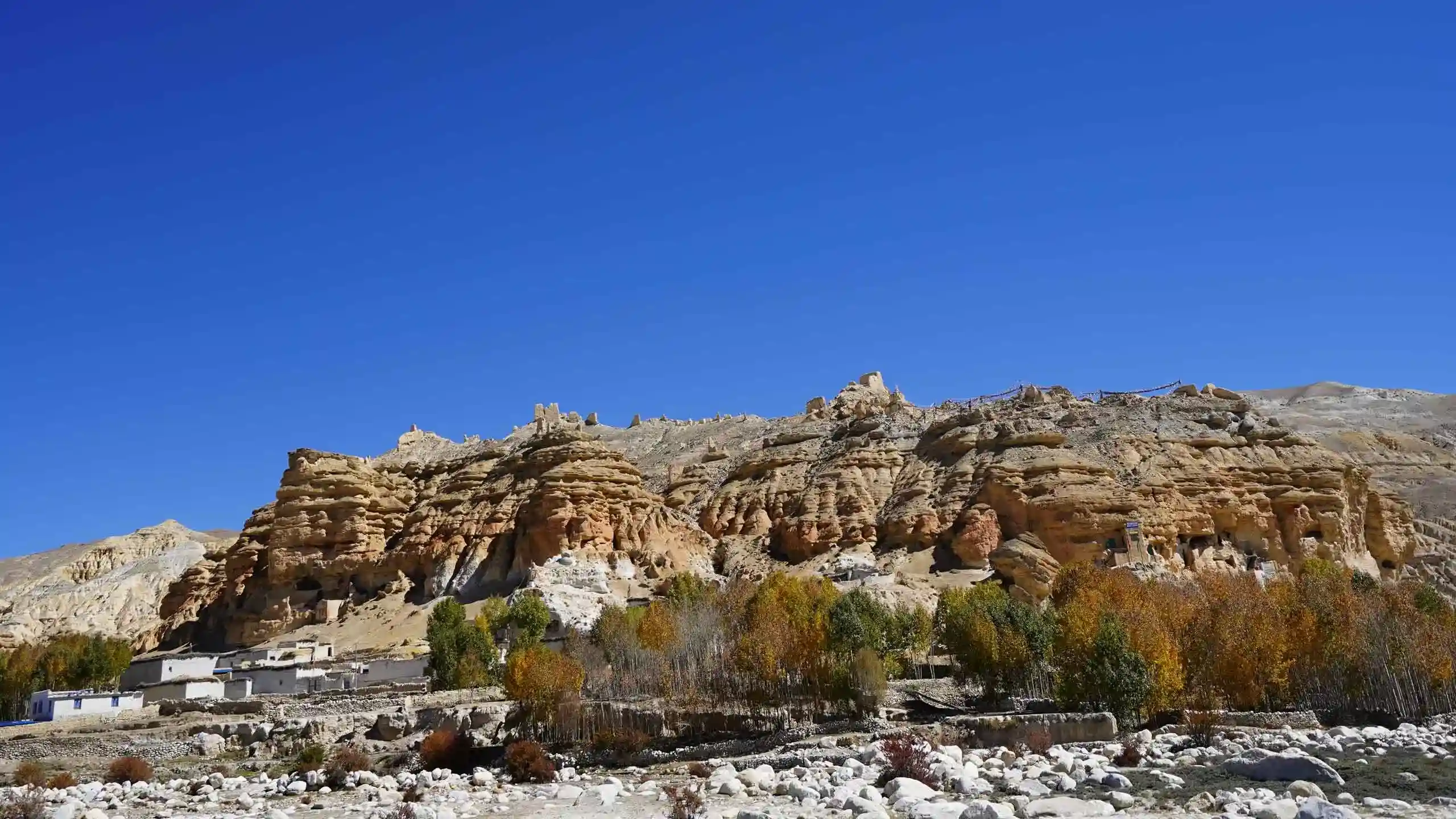
Who are the Loba of Mustang Nepal? Visit Mustang to discover the land of Loba tribe, their history, lifestyle, culture tradition etc. Loba / Lowa / Lo Pa people of Mustang “Mustangi” ethnically similar to Tibetans. Former kingdom of Lo called the homeland of Loba, or Lo Pa.
Where is the Kingdom of Lo?
The kingdom of Lo located in Mustang district, northern center part of Nepal, near the border with Tibet of China. Mustang is a former Buddhist kingdom that was annexed by Nepal in the 18th century. Walled city Lo Manthang is the capital of former Buddhist kingdom of Lo and main center for cultural and religious activities of Mustang Nepal.
Who are the Loba of Mustang Nepal?
The Lo Pa tribe is an indigenous community that resides in Mustang district of Nepal. The Lo pa / Loba / Lowa tribe is renowned for their unique culture, traditions, distinct architecture, engineering skills, irrigation systems and way of life, which has been preserved for centuries.
Upper Mustang the Land of Loba
If you would like to know more about Lo pa tribe, their way of life write us. Given packages suitable for you to know about lowa community of Mustang.
Culture and lifestyle of Loba in upper mustang
The Lo pa tribe’s traditional way of life revolves around agriculture, animal husbandry and trade. They are a tightly-knit community that is proud of their rich cultural heritage. The Lo pa people are devout Buddhists, and their way of life is closely intertwined with their religious beliefs.
Where is the Loba tribe live?
Loba live in northern part of Mustang and Thak (Thakali) live in southern part of Mustang district Nepal. 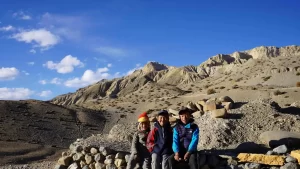 The traditional houses and roofs of lowa community in mustang are made of stone and mud. The Lo pa tribe has a rich tradition of handicrafts, which includes weaving, wood carving, and metalwork. They produce beautiful carpets, blankets and clothing beside that they make traditional thangka paintings that depict scenes from Buddhist mythology.
The traditional houses and roofs of lowa community in mustang are made of stone and mud. The Lo pa tribe has a rich tradition of handicrafts, which includes weaving, wood carving, and metalwork. They produce beautiful carpets, blankets and clothing beside that they make traditional thangka paintings that depict scenes from Buddhist mythology.
In recent years, Lo pa tribe has faced several challenges, including the loss of their traditional way of life, which has been threatened by modernization and development. However, the community has been working to preserve their cultural heritage and lifestyle.
Loba woman practice fraternal polyandry where they get married with several men of the family. It is done because Loba believe that there is less chance of a woman become a widow if she has many husbands. It helps to control birth naturally, lack of food in Himalayas. Fraternal polyandry practice is a unique feature of Lowa, but one that is slowly diminishing. The younger Loba want to discard it, but older generation wants to keep continue this tradition.
Where are the Loba people from?
People of Upper Mustang, known as Loba, they are friendly, hospitable. Lowa people are from Tibetan origin. They have a long history of trade and cultural exchange with Tibet, which has influenced their way of life and customs. Typical dress of Loba also very similar to the Tibetan tribes living in Himalayas. Lowa speak Lowa-Baragaunle & Seke Language which is a dialect of Tibetan language. They They practice Tibetan Buddhism and celebrate many festivals like Yartung, Tiji, Archery, Lhosar etc following Tibetan lunar calendar. Daily life, and community structures of Loba society influences by Tibetan Buddhism, Upper Mustang was once a part of the Tibetan Empire and retains strong cultural and religious ties to Tibet. The Lo Pa tribe is a fascinating community they are proud and continue to work to preserve it for future generations.

